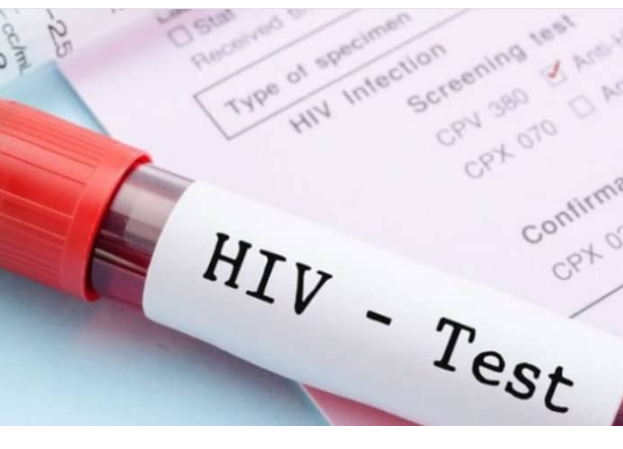Nigeria Lowers HIV Test Consent Age to 14 After National Policy Review
Nigeria has approved a major shift in its public-health policy by lowering the age at which adolescents can independently consent to HIV testing from 18 to 14. The decision was reached at the 66th meeting of the National Council on Health (NCH), held in Calabar, Cross River State.

The move is aimed at increasing early detection among young people, a population health officials say remains vulnerable to late diagnosis and limited access to testing due to parental-consent requirements. Officials noted that many adolescents — including orphans and those without reliable guardians — often face barriers that prevent timely HIV screening.
The policy change followed extensive debate among health leaders and stakeholders. Some members of the Council expressed concerns regarding alignment with existing laws, such as the Child Rights Act, which generally sets 18 as the age for medical consent. Others questioned how parental involvement and confidentiality would be handled when minors seek testing without notifying their families.
To address these concerns, the NCH approved a set of safeguards to accompany the new policy. These include mandatory age-appropriate counselling for minors before testing, strict confidentiality of results and procedures for linking those who test positive to appropriate treatment and support services. The Council also resolved to work with the Office of the Attorney General of the Federation to ensure the policy is applied without legal conflict.
Health officials believe the revised consent age will help close gaps in HIV detection among adolescents, who historically have some of the lowest testing and treatment-adherence rates in the country. They say the measure could play a critical role in controlling transmission and improving long-term health outcomes for young people.
Implementation of the new directive is expected to begin once states and health facilities receive updated guidelines from federal authorities.
COMMENTS